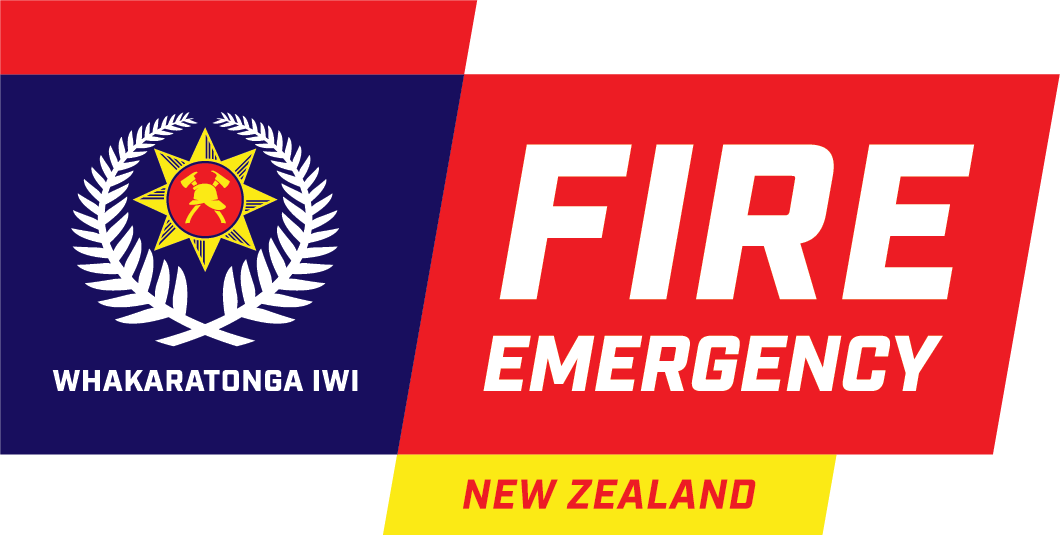Cyber Smart Week – Check your privacy settings
Protecting our privacy online means we have more control over where our personal information goes and who has access to it.
Why privacy is important
We are so used to sharing things online that we don’t necessarily think about how it affects our privacy. Everyone knows our pet's name, where we went to school, where we work, and when we're away on holiday.
This allows us to let our friends and family know what we’re up to. But it can also give attackers information they could use to gain access to our data and identities, and Fire and Emergency systems.
It’s important to be aware of how much of our online selves we’re sharing, and who we’re sharing it with. That means both:
- the information we choose to share ourselves, and
- the information we share about our work at Fire and Emergency.
Once we post something online, we ultimately lose control of where that information goes and who can use it.
We create a digital imprint of ourselves through our online activity. The more active we are on the internet, the stronger the digital imprint you leave.
This digital imprint — made up of our personal information — is highly valuable to:
- marketing companies who buy it from the social media sites who collect it
- attackers who can use it to their advantage, often to get money
- attackers seeking access to Fire and Emergency systems.
How to protect your privacy
There are several things we can do to protect the privacy of our information online, but perhaps the most important is to think carefully before sharing any kind of information.
We've all likely seen ads pop up in our social media accounts that seem connected to something we've recently shared. While this may seem harmless, if we shared details about Fire and Emergency that contained sensitive information, we have no control over where it's gone afterwards, even when we delete it.
A good approach is to only share personal information online when we know:
- who’s asking for it, and
- why they want it.
If a request for information doesn’t feel quite right, it may well not be. For instance, our banks would never send an email with a link to online banking, asking us to log in.
We should check that requests are legitimate before sharing our details.
Find out more about your rights, and how to protect our privacy here(external link).
Social media privacy
Given all the sharing that happens on social media, these sites have become a rich source of data and information for those who want to collect it for both legitimate and illegitimate purposes.
There are a few important things we can do to maintain our privacy on social media:
- Check the privacy settings on our social media accounts. Set them so that only our friends and family can see our full details.
- Be wary of online questionnaires and competitions. While they seem like a bit of harmless fun, our personal information is often used to build a profile of our friends and family, sold to companies for their targeted marketing campaigns.
- Clean up our social media profiles by unfollowing pages and leaving groups that we no longer have a strong interest in.
Find out more about cyber security and social media here(external link).
Website privacy
It’s important to check that a web page is secure before we send any information through it.
Unsecure web pages have a URL starting with HTTP only. Sending information through this sort of website is like sending a postcard through the mail – anyone whose hands the postcard passes through can read it. Similarly, if the information we submit through an unsecure website is intercepted, it could be read as well.
Secure pages have a URL that starts with HTTPS and will often display a padlock icon next to the URL. When we send information through a website starting with HTTPS, it is encrypted, making it like a letter in a sealed envelope that only the person it is addressed to can open and read. It is not able to be read by anyone intercepting its path to the website.
Read more about privacy setting here(external link).
